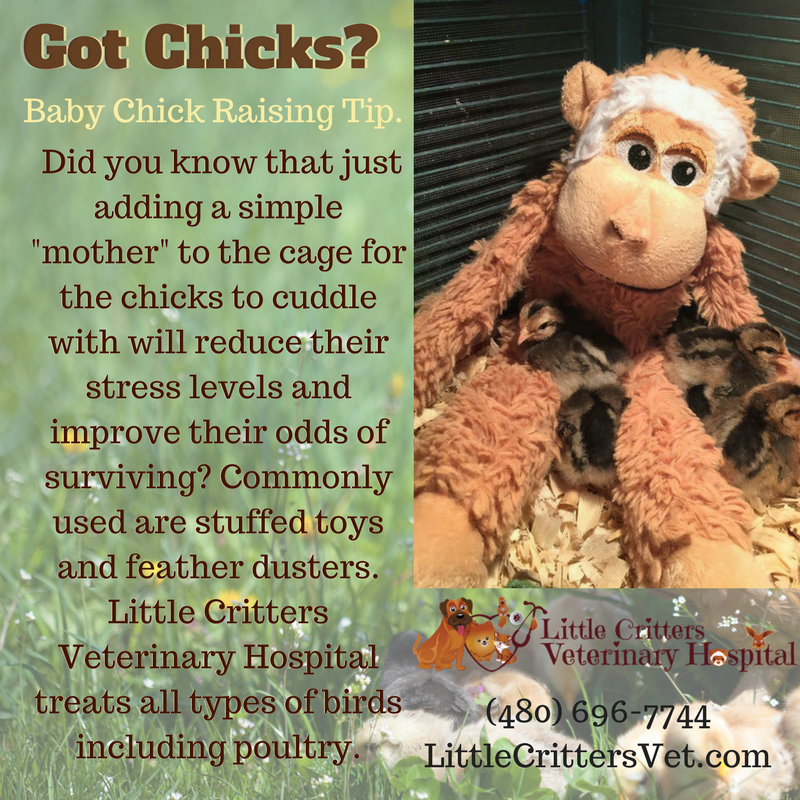|

Chick Care Guide: Essentials for Raising Healthy Chicks
Introduction
Raising chicks can be a rewarding experience, but it's vital to understand their specific needs in order to nurture them into healthy adult chickens. This guide provides insights into caring for chicks from the moment they hatch until they're ready to join the rest of your flock.
The Brooder
- Temperature: Start at 95°F for the first week and decrease by 5°F each week until the chicks are ready for outside temperatures.
- Bedding: Use wood shavings or straw, avoiding slippery surfaces to prevent leg issues.
- Space: Provide at least 2 square feet per chick.
- Heat Source: Heat lamps are commonly used. Always have a cooler area where chicks can retreat if they feel too hot.
Nutrition and Feeding
- Chick Starter Feed: A specially formulated feed high in protein, usually about 20-24%.
- Water: Fresh, clean water should be available at all times. Use shallow dishes to prevent drowning.
- Grit: Necessary only if you introduce foods other than the starter feed.
- Frequency: Allow free access to food for the first few weeks.
Socialization and Handling
- Regular Interaction: Handle the chicks gently for short periods to acclimatize them to human contact.
- Flock Integration: Start to introduce chicks to older birds around the age of 8 weeks, always supervising the initial encounters.
Common Health Concerns
- Pasty Butt: A blockage of feces. Gently clean with warm water if noticed.
- Coccidiosis: Look out for bloody stools and lethargy. Medicated starter feed can be a preventive measure.
- Respiratory Issues: Sneezing, coughing, and runny noses should be investigated by a veterinarian.
Transitioning to the Coop
- Age: Typically around 6-8 weeks, depending on outside temperatures and feather development.
- New Diet: Transition to a grower feed with slightly lower protein content (about 16-18%).
- Introduction: Introduce the chicks to the flock gradually, initially separating them with a mesh or fence.
Key Tips
- Regular Checks: Observe chicks several times a day, especially during the first few weeks.
- Cleanliness: Keep the brooder clean to minimize disease risk.
- Veterinary Care: Establish a relationship with a vet who specializes in avian or poultry care for regular check-ups and emergencies.
Conclusion
Raising chicks is an intricate process requiring attention to detail in areas like temperature regulation, feeding, and health care. Following the right protocols can lead to a smooth transition from chick to mature chicken, ready for laying or other roles within your flock.
Sincerely,
Dr. Patt
Little Critters Veterinary Hospital
1525 N. Gilbert Rd, Suite C-101, Gilbert, AZ 95234
(480) 696-7744
www.littlecrittersvet.com
For specialized guidance tailored to your unique circumstances, consulting a qualified veterinarian is highly recommended.
|